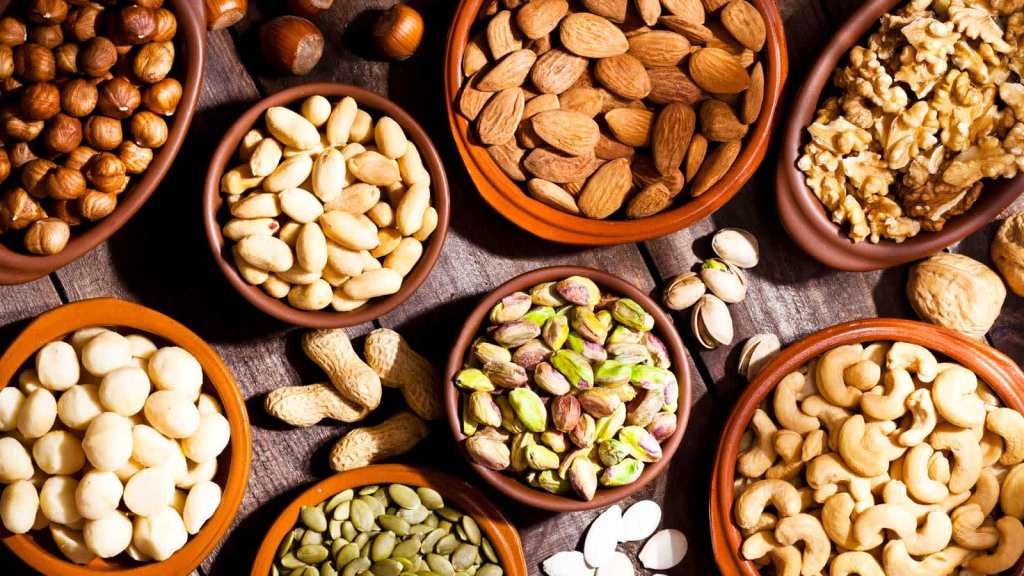While sipping a new kombucha flavour the other day, my eyes wandered to the ingredients list. I’ll warn you, the ingredients list on kombucha is borderline disgusting — but there was one unsuspecting ingredient that caught my eye: Kola nut.
I really love nuts (in salads, in trail mix, on their own) yet I’d never heard of this particular type. Is it a type of cocoa bean? Something used in cola? And what exactly was it doing in my kombucha? So many questions.
Put simply, the Kola nut is a powerhouse. In fact, I’m willing to bet that it will be the next big “superfood”. They’ve been cultivated in West Africa for centuries for their beneficial properties so chances are we’ll be sprinkling kola nut powder in our smoothies in no time.
What are Kola Nuts?
Similar in size and texture to a chestnut, the kola nut is a green pod with white or red meat inside, native to West Africa. “Because the nuts contain caffeine and theobromine, substances that also occur naturally tea, coffee, and chocolate,” they can be chewed as stimulants according to the BBC.
Though they were first introduced to Europeans in the 1500s, it wasn’t until the 19th century that the powerful nut became a common ingredient in medicinal drinks and tonics. A series of twists and turns later and Coca Cola was born.
While the soda today uses artificial flavouring to replicate the taste of the nut, the distinct “cola” flavour lives on. If you’re interested in trying the real-deal though, you can purchase it in powder form in health stores or online at sites like Herb Cottage.
Benefits of Kola Nut
Because the kola nut is a mild stimulant much like coffee, it offers many of the same benefits. According to Medical News Today, the nut can boost metabolism, aid in digestion, increase circulation, improve energy levels and prevent the growth of harmful bacteria.
In addition to caffeine, the kola nut also contains theobromine, making for a powerful combination. While caffeine mostly affects the nervous system, theobromine mostly affects smooth muscle. Containing both compounds, the kola nut is like a mashup of coffee and chocolate.
“While theobromine can act as a heart stimulant and smooth muscle relaxant,” Discover Magazine reports, “caffeine… has access to the neurons of the central nervous system and can consequently enhance physical performance and increase alertness.”
Sounds like the best of both worlds, but as with any supplement, it’s best to proceed with caution.
Much like coffee, the caffeine content of the kola nut could be cause for concern. In some, this might cause headaches or anxiety and is likely unsafe if taken in very large doses (10-14 grams) Web MD reports. Because of the caffeine content, people who might be averse to caffeine in general, should avoid the kola nut or consult a doctor before ingesting it. This includes pregnant women, as well as people with medical conditions that might be triggered by caffeine including diabetes, heart conditions, high blood pressure, or IBS.
Read more stories from The Latch and follow us on Facebook.

